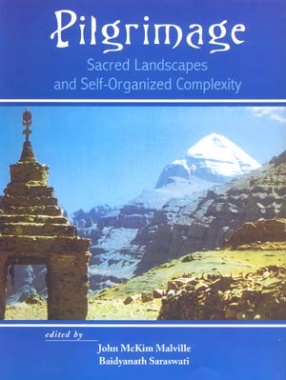
Baidyanath Saraswati

Showing all 15 books
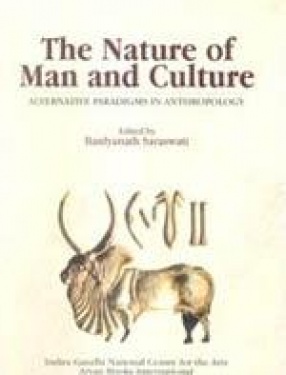
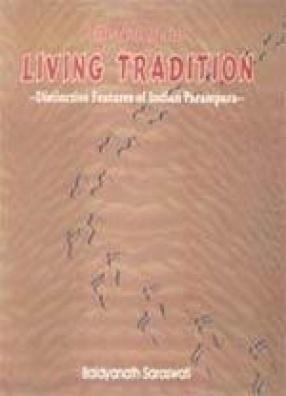

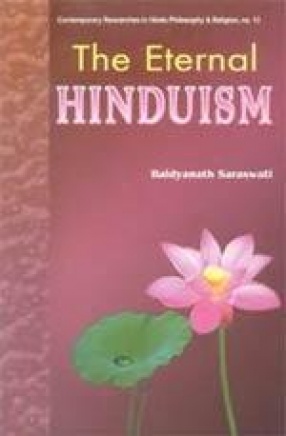
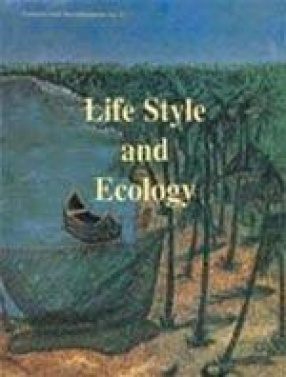
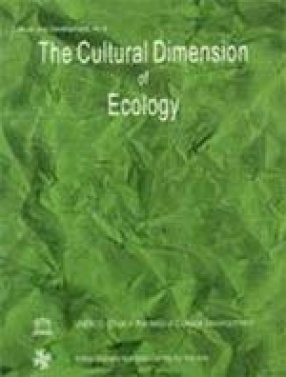
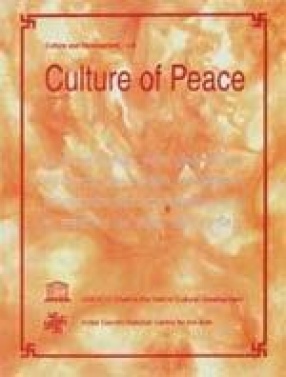
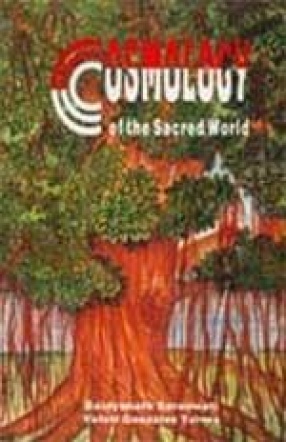

Pilgrimage involves movements of people, either as individuals or as members of a group, in search of the sacred. Spontaneous behaviour, miraculous events, and/or ecstatic visions of individual pilgrims have often resulted in complexity in ritual, meaning, and movement. Pilgrimages may start with individual ecstatic visions, unusual strange unworldly experiences, which are the experiences of "ordinary" people, certainly not of priests or politicians. ...

The Nature of Man and Culture is a response to the relentless search for alternative paradigms in anthropology. Presented here are contributions from a distinguished group of experts from India, Kenya, Korea, Venezuela, Mexico and USA. Anthropology based on the premises of a materialistic science does not answer but raises questions about man. As for secular Western science what is one to think? Are other modes of thinking possible outside the modern scientific ...

Indian Parampara is a response to secular Western thought on tradition and modernity. Presented here are contributions from a distinguished group of Indian scholars representing a wide spectrum of disciplines. It raises many question: What is the source of parampara? How is it transmitted? Does it hold in potential the characteristics of all orders of Knowledge? Who was the parent of its primal seed? How does the individual sustain the flow of parampara or ...

Traditional education strives to expand the spheres of existence through social awareness (forming kinship with the entire world), cosmological awareness (expansion of the being by self-transformation), and technological awareness (relating creativity to the ritual enforcement of life). In contrast, modern education teaches a way of life, which is limited by self-centred consumerism, which allows man's ego to establish itself as the conqueror of nature, which ...
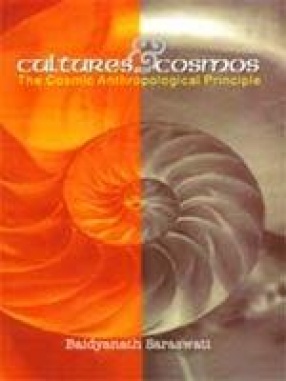
The present volume, Cultures and Cosmos: The Cosmic Anthropological Principle is an endeavour to explore the numerous dimensions of the fundamental concepts in Cosmic Anthropology such as Nature, Sound, Space, Time, Mind, etc. This remarkable work reflects the importance of Cosmology in human organization which is an important tool for understanding human nature and culture. The book is a pioneering attempt to explore the cosmic principle while integrating it ...

Many misconceptions circulate about Hinduism, mainly because scholars have relied exclusively on popular sources or political slogans of Hinduttva. The Eternal Hinduism, which s fundamentally a study of text and context, balances social reality and scriptural description with a dynamic analysis of the interacting elements. It cannot be understood on the basis of non-rational factor of one God, the Almighty. As an anthoropocosmic religion, Hinduism has a great ...

As one of its significant programmes, the Indira Gandhi National Centre for the Arts (IGNCA) has, for sometime, focussed on the lifestyle studies addressing the fundamental questions concerning Man’s relationship with Cosmic Order, his perceptions of Space and Time through the ages and across cultures, and his experience of Nature and how far he has evolved a symbiotic ‘existential connection’ with it. The IGNCA has now launched forth a series of ‘Pilot ...

Urbanization. Industrialization. Market Economy. Technocentric Lifestyles. Degenerated Consumerism. Air, Water and Land Pollutions. These are some of the tell-tale expressions, recurringly surfacing in the concerns about ecological disturbances across the continents. Today, however, as we are headed for an ecological disaster, there is not only a growing awareness against the “cornucopian technocentrismâ€, but also a far-stretched disillusionment with the ...

Over the rolling centuries, 'peace' has been a major concern: in religions and, more often, within socio-political contexts. Yet, perhaps ironically, the world history is a long, uninterrupted story of wars and violence. Not long ago - in the aftermath of Hitler’s defeat, the inception of the United Nations held out hopes of a new, free-from-war world order, which the hostile scenario today belies! Is peace then a dream? A Utopian abstraction in a dehumanized, ...

Ancient cultures everywhere sought (among other philosophical speculations), to unravel the mystery of the Universe: its origin, its ultimate root, and what sustains and energizes it. As such, they not only tried to conceive the Universe according to their own vision, but also used varied metaphors/images to communicate the grand cosmic mystery that transcends the constraints of space and time, of logic and casuality. Exploring beyond the ‘New-Age’ trend, ...
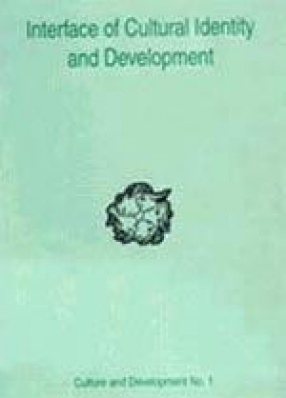
From the post-World War II decolonization to about mid-1980s, mainstream development thinking has focussed on 'economics', on the one-dimensional abstraction of homo economicus, to the exclusion of all else: specially the socio-cultural context in which development might take place. This divorce of 'development' from 'culture', however, was "poor economics" - a hard fact, which the international community has come to discover gradually, experientially. ...
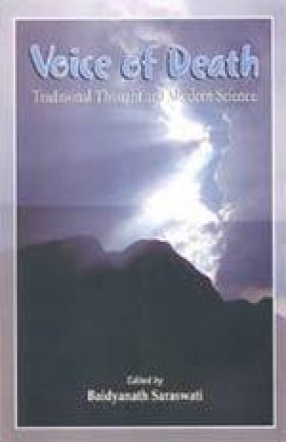
If life is a reality, the death is an eternal truth. Does immortality mean clinging to body? If so, it cannot be the life artificially alive as in modern hospitals. It extinction of species important? The recent developments in the field of molecular biology to clone the extinct animals may raise anther dimension: do the species ever die? Death is not the extinction of life, it rather opens a horizon for new journey on this planet or the other. If a person ...
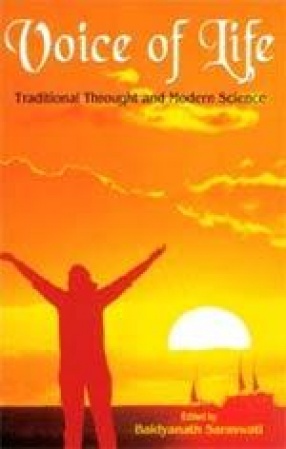
The volume presents views on life from the traditional as well as modern perspectives to come up with many interpretations. Indologists, anthropologists, sociologists, philosophers and physical and social scientists profess that traditional thought and modern science offer two different world-views on life: the first encompassing a wholeness of life, and the other explaining the universe and life with ideas of the realm of matter alone. Referring to various ...
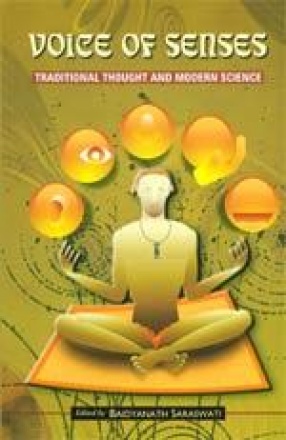
This volume is devoted to a thorough understanding of the concept of sense as it has been interpreted in the ancient Asian traditions with particular reference to Indian religious and philosophical thought. It examines the functions of the sense-organs and the perception of them adopting a sociological and scientific approach. The first part of the presentation comments on the recurring cycle of Five Senses in Chinese, Tibetan and Indian ...
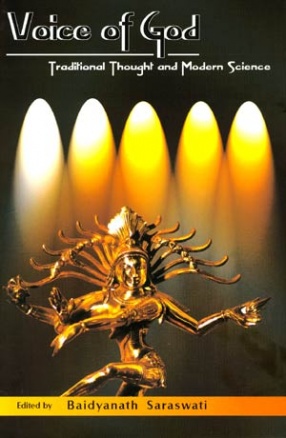
The result of a seminar's proceedings, the volume presents an understanding of God in various religions and traditions around the world. It examines the concept of the Brahman in Hindu religious thought, and God as forming the relationship between the unmanifest Brahman and the manifest Universe. It views the approach of the Semitic religions that make absolute difference between God and Man. It discusses the glory associated with God, the nature of the ...
